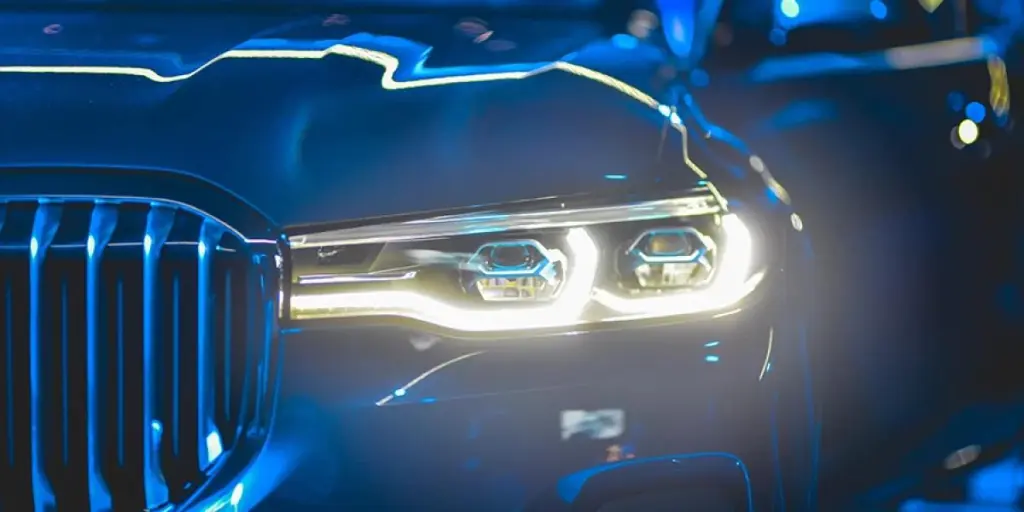Subaru, Toyota Motor and Mazda Motor have each committed to developing new engines tailored to electrification and the pursuit of carbon neutrality. With these engines, each of the three companies will aim to optimize integration with motors, batteries, and other electric drive units.
While transforming vehicle packaging with more compact engines, these efforts will also decarbonize ICEs by making them compatible with various carbon-neutral (CN) fuels. (Earlier post.)
In pursuing decarbonization, all three companies have focused on carbon as the enemy. Under the extreme conditions of racing, the companies have worked to broaden powertrain and fuel options by competing with vehicles running on liquid hydrogen and CN fuels.

This process has clarified the role that future engines will play in achieving carbon neutrality. With the next generation of engines, the three companies will seek to not only improve standalone engine performance but also optimize their integration with electric drive units, harnessing the advantages of each.
While being highly efficient and powerful, the new engines will also revolutionize vehicle packaging by being more compact than existing models. Smaller engines will allow for even lower hoods, improving design possibilities and aerodynamic performance while contributing to better fuel efficiency. The development will also emphasize compliance with increasingly strict emissions regulations.
At the same time, the new engines will be made carbon neutral by shifting away from fossil fuels and offering compatibility with various alternatives, including e-fuel (synthetic fuel), biofuels, and liquid hydrogen. In doing so, these engines will contribute to the broader adoption of CN fuels.
Source from Green Car Congress
Disclaimer: The information set forth above is provided by greencarcongress.com independently of Chovm.com. Chovm.com makes no representation and warranties as to the quality and reliability of the seller and products.




